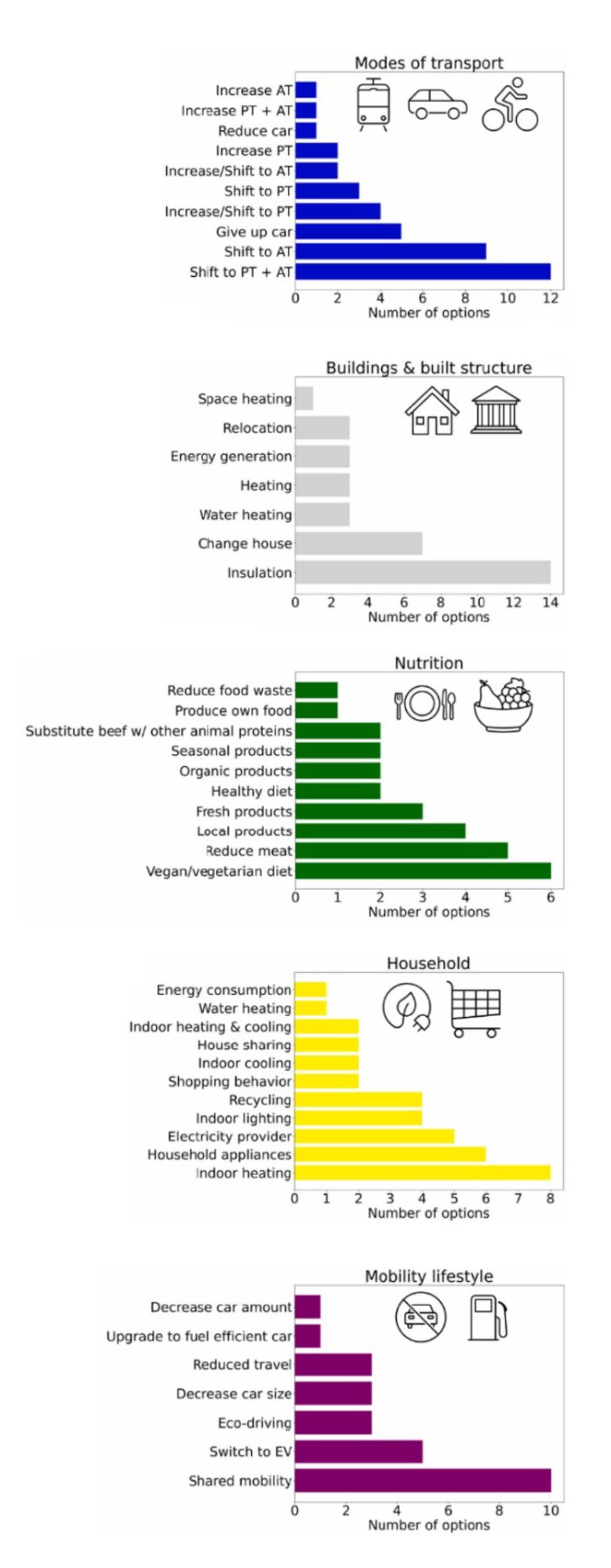Dr Peter Hoffmann and Deniz Sirin at Climate Service Center Germany explore carbon-neutral lifestyle changes and their impact on future health in cities
Cities and climate change
Cities are highly affected by changes in climatic conditions, especially increases in extreme events such as heavy precipitation, heatwaves, droughts, and storms, and at the same time, they are one of the main drivers of climate change. Climate change can pose substantial health risks to urban populations. These health risks include an increase in heat-related morbidity and mortality. Due to the high population density of urban areas, a large number of people are exposed to extreme events.
Thus, there is a growing need for city officials to adapt cities to climate change. Considering that cities are responsible for approximately 70% of global greenhouse gas emissions, there is also a significant potential for climate mitigation. Consequently, many cities around the world are aiming to reduce their emissions and become carbon-neutral and climate-resilient within the following decades.

Carbon-neutral lifestyle changes
A crucial element in achieving carbon neutrality is the adoption of carbon-neutral lifestyles by urban dwellers. Carbon-neutral lifestyle changes encompass a wide variety of options that aim to alter or shift the consumption behaviours of the public, thereby reducing demand-side CO2 emissions.
For urban dwellers, the proposed lifestyle change options primarily relate to mobility, reduced energy consumption through changes to buildings and households, as well as changes in diets (Figure 1).
A shift from car-based mobility to active travel (e.g., biking and walking) and public transportation, increased usage of shared mobility, improving the insulation of buildings, lowering indoor heating settings, and switching to a plant-based diet are some of the most frequently proposed lifestyle change options across the scientific literature.
Carbon neutral-lifestyle changes and health
There are only a few studies that have analysed the potential health and well-being outcomes of these lifestyle changes for urban populations. While the current research landscape suggests that carbon-neutral lifestyle changes can have potential health and well-being benefits (Milner et al., 2020), key topics such as whether these benefits would still be viable under a changing climate, how adopting carbon-neutral lifestyle changes would affect different socio-demographic groups and vulnerable groups of urban dwellers, and how synergetic carbon- neutral lifestyle changes would be with other mitigation and adaptation measures planned for cities, are still to be explored.
For example, shifts in transport modes may result in urban dwellers spending more time outdoors. This could increase urban dwellers’ exposure to heat stress, particularly given the increase in extreme temperatures and heatwaves. The increased heat stress exposure could negatively affect the health and well-being of urban populations, especially vulnerable groups such as the elderly, children, and those with pre-existing health conditions.
Assessing the impact of lifestyle changes on health through modelling
GERICS’ CoSynHealth project (Hoffmann et al., 2024) addresses this challenge by integrating different modelling approaches, that consider societal and environmental processes influencing the health and well-being of urban populations. The project advances an agent-based modelling framework that simulates the daily activities and associated location and mobility choices of urban dwellers and combines it with very high-resolution heat stress data for the current and future climate from an urban climate model.
With this modelling tool, the impact of lifestyle change scenarios on both current and future heat stress exposure of urban dwellers and, subsequently, on the heat-related health outcomes (e.g., heat stroke) will be analysed. Additionally, integration with an urban climate model enables the evaluation of potential synergies and trade-offs between lifestyle change scenarios and climate adaptation and mitigation strategies, particularly those related to urban morphology (e.g., urban green, building insulation, cool roofs, etc.).
The insights and tools developed within the CoSynHealth project aim to support policymakers, urban planners, and public health officials in evaluating the health and well-being-related outcomes of different carbon-neutral lifestyle change options as well as designing cities that are both sustainable and health-promoting.
References
- Sirin D., Hoffmann P., Scheffran J. (2025): Lifestyle changes for climate mitigation in cities and their relationship to urban health and well-being:
A literature review. Sustainable Cities and Society, 119, - Hoffmann P., Bouwer L.M., Huang-Lachmann J.-T. (2023): Understanding the climate change impact on health, Open Access Government July 2023, pp.456-457. Accessed: 13 May 2025,
- Milner, J., Hamilton, I., Woodcock, J., Williams, M., Davies, M., Wilkinson, P. and Haines, A., 2020. Health benefits of policies to reduce carbon emissions. Bmj, 368,


